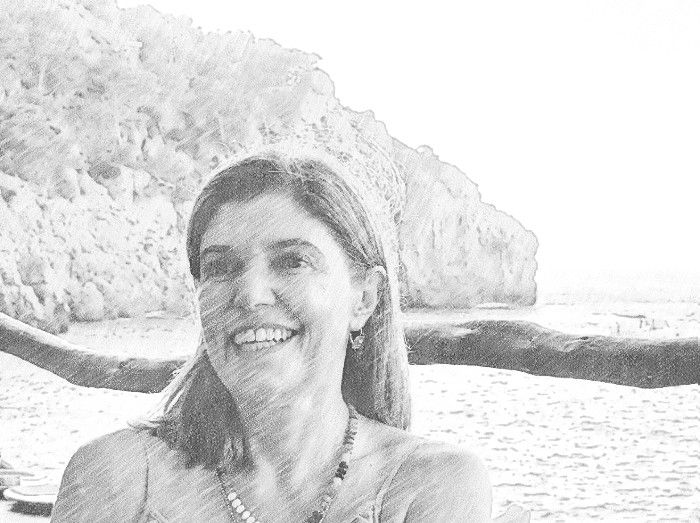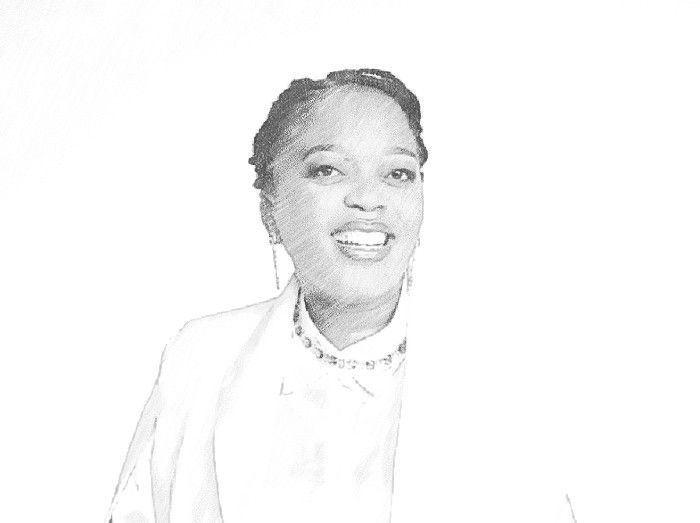Kagisho's story on... never forgetting your roots
- DNA-Business

- Feb 21, 2024
- 4 min read
“Whenever I went home to see my family and the people I grew up with, I was constantly reminded of how many of them had not been awarded the fortunate life that I had. It haunted me that I received a bursary at twelve years old, and the difference it made in my life compared to theirs. I wanted to help those that never got the opportunity I did.”
Fast forward to today, Kagisho now opens up opportunities for others in a similar way, but on a much bigger scale. He is the co-founder of an e-learning platform that makes learning accessible and fun.
Having etched his career in finance at prestigious institutions, Kagisho had forged a clear career path climbing the corporate ladder but this was not his fate. It did however give him the ability to bootstrap his emerging business and a lot of business know-how. Enter a perfectly placed co-founder, their coming together was all it took for their business to take flight. Kagisho’s gaming capabilities infused with his partner who developed the backbone to the e-learning platform, was the perfect convergence of the social and learning elements required to make their platform really work. The business was now an infusion of two separate ventures coming together. This updated version launched and with a stroke of Covid-19 ‘luck’, they were ideally positioned to go viral, and their business soared. We are reminded that with strategic collaboration, good planning and a bit of hope, the rest is not always fully in our hands as entrepreneurs, our job is to ride that wave when it comes.
“As a business we need to be creative in how we generate revenue. I believe growth in EdTech does not sit in charging the end user especially on the African continent, the socioeconomic dynamics simply do not have the capacity to accommodate this. We need to find smarter ways to commercialise.”
Kagisho has never lost sight of the very people this business was built for. His business model allows for a FREE educational tool for those that need it, while revenue is generated from other areas. He challenges our thoughts on how we should be creating value first and only then putting a price on our work. Being creative about your business model and commercials shows the unique approach to problem solving required for a business with a big heart.
“We didn't start with a business in mind. The moment we realised we had a business, we began to understand that the basics matter much more than the vanity metrics. It's nice getting all the downloads, being on podcasts and written about in articles, but paying attention to your product, how people are responding to it, how are they using it, that part of it needs to be less responsive and more proactive.”
Kagisho emphasises how much we need to constantly pay attention and prioritise product analytics and user feedback into how we operate and build our businesses.
Bootstrapping a venture while still in employment elsewhere is a reality for many. Kagisho shares that the minute he went ‘all in’, the business achieved more in six months than it did in the previous three years. This reveals what can be achieved with focus. A reminder too, that eventually we need to take that leap in order to move forward - without risk there is little reward. He goes on to talk to the difficulties of being an entrepreneur on the African continent where support and resources can be scarce. He encourages us to leverage off of what we do have, and many times this lies in our ‘tribes’: fellow entrepreneurs who we can turn to for advice and help. His key piece of advice: sharpen your sales skills. When speaking to anyone outside of the business, we are in fact playing a sales role. If you have revenue, you don't have much rising capital pressure.
“I have been running away from being an entrepreneur all my life. I've always been the kid that does things his own way. A former colleague called me an ‘entrepreneur’ and I replied that I did not want to be one, I liked the idea of walking into a well oiled machine and just making things better. But even in corporate I was more of an intrapreneur, always being drawn to the problem and how to fix it, losing sight of my regular job. I couldn't run away from it anymore, the opportunity came and I went for it.”
Kagisho imparts what he feels it takes to be an entrepreneur: resilience, the comfort in being misunderstood, bravery and ability to to try something for the first time, perseverance to go deep to prove that something actually does work, creative problem solving, a doer tendency with the capability to see things through, and the confidence to fail and learn from it. Thank you for sharing the winning combination Kagisho, we appreciate the true example you showcase.
“Solving niche challenges Founders face”.
Illustrator: Lisa Williams (Instagram: @artist_llw)


